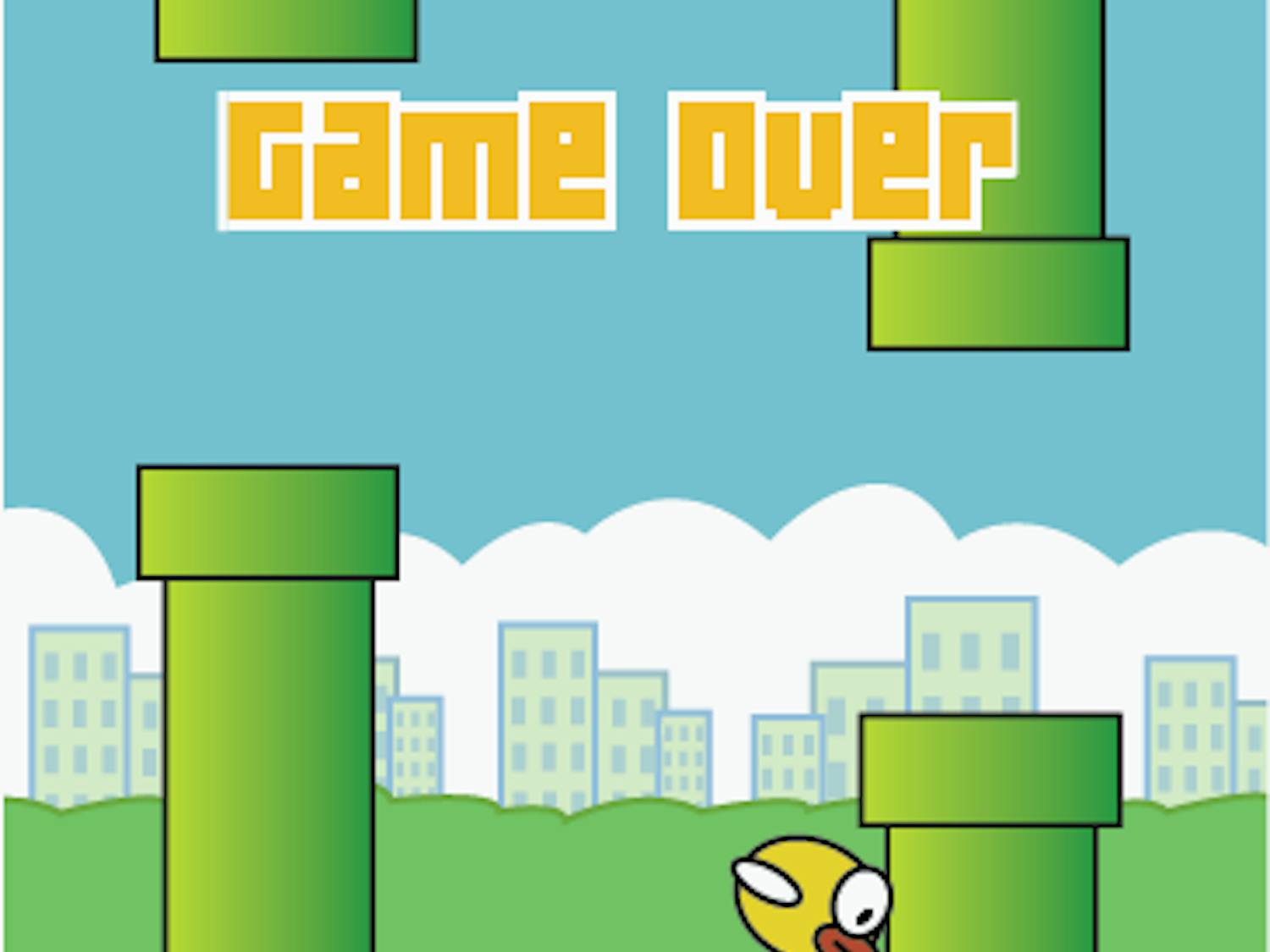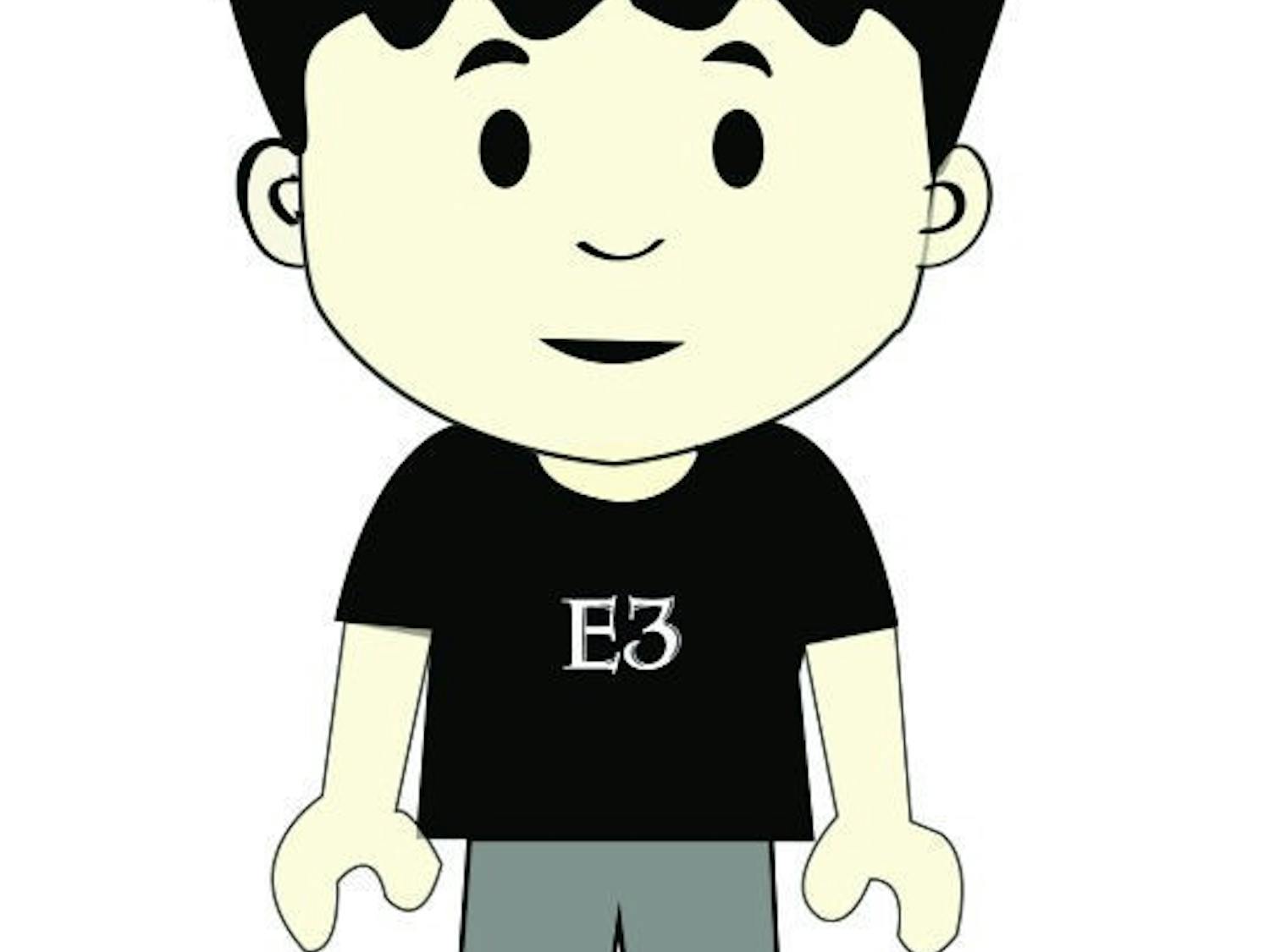Video game lingo helps move industry forward
By Adam Paris | Apr. 30, 2014Game criticism has evolved so completely from its early years to the point that many modern reviews would look wholly foreign to the ’80s, neon-jacket wearing kids who read Nintendo Power. Assuredly many outlets do still follow the basic framework established back then. A succinct summation of the game’s features, how well the story holds up, its replayability, etc.—these terms aren’t likely to go away, but they do demonstrate an advancement of the gaming lexicon.











